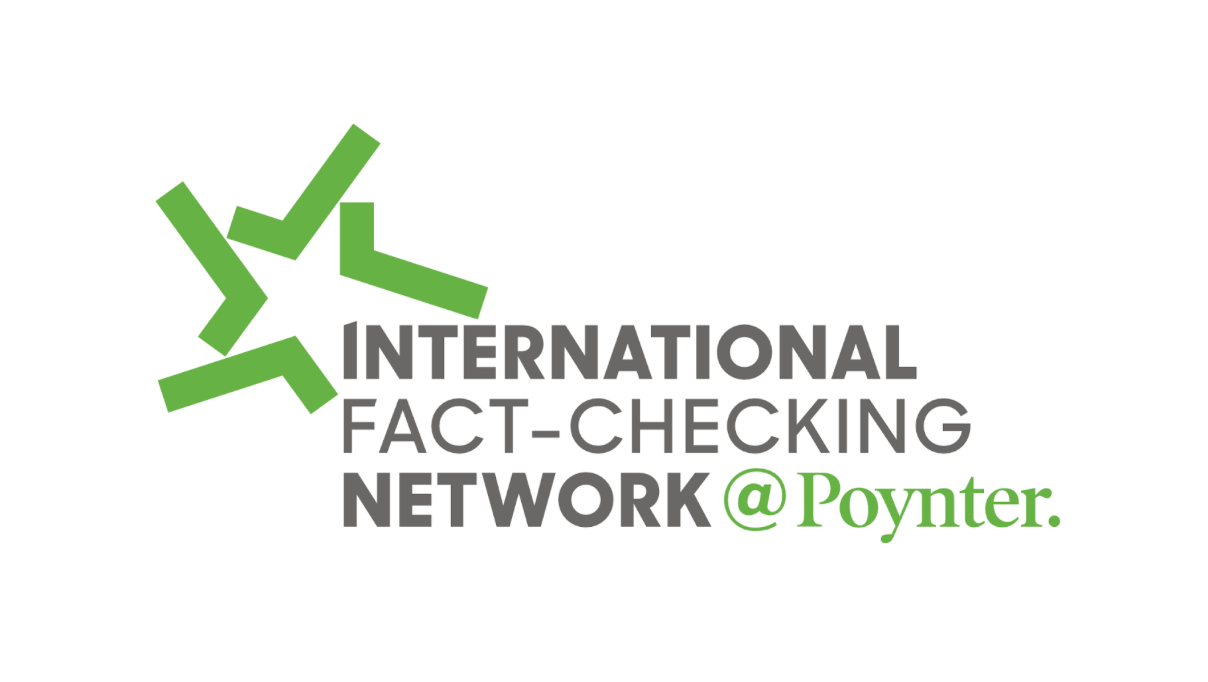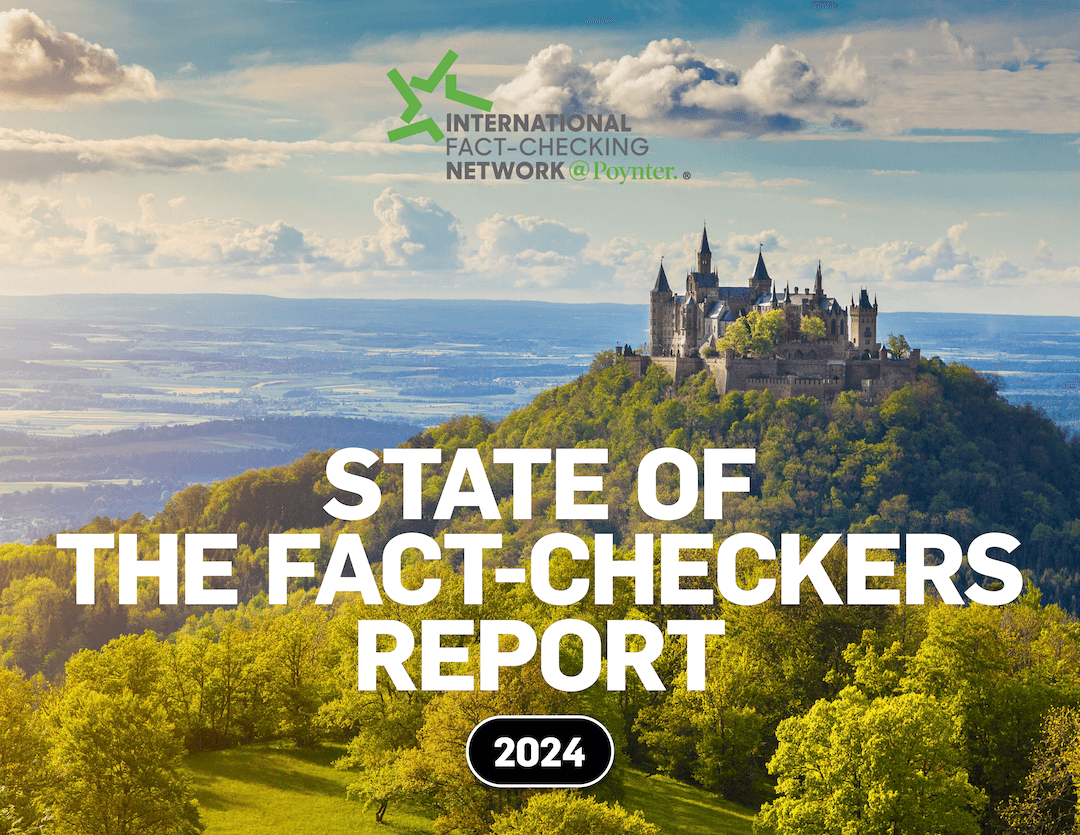 Covering COVID-19 is a daily Poynter briefing of story ideas about the coronavirus and other timely topics for journalists, written by senior faculty Al Tompkins. Sign up here to have it delivered to your inbox every weekday morning.
Covering COVID-19 is a daily Poynter briefing of story ideas about the coronavirus and other timely topics for journalists, written by senior faculty Al Tompkins. Sign up here to have it delivered to your inbox every weekday morning.
When federal pandemic emergency funding ends next year, The Chartis Center for Rural Health says, rural hospitals will close, one after another. It was happening before the pandemic, but an infusion of federal funds slowed it. The Chartis Center says:
Today, our analysis shows that 453 rural hospitals (nearly 25 percent of all rural hospitals) are vulnerable to closure.
Research from The Chartis Center for Rural Health shows that rural populations are older, less healthy and less affluent than their urban counterparts. Additionally, these communities face less access to care (e.g., mental health, primary care) and important services such as obstetrics are being eliminated thereby forcing individuals to either forego or delay treatment or travel greater distances for care.
Chartis produced a heat map of the states with the most financially vulnerable rural hospitals. The darker the color, the bigger the problem in that state, according to Chartis.
Before the pandemic, close to half of all rural hospitals were losing money. The avalanche of closures has been rolling for years. You can use this map from the University of North Carolina to see which hospitals closed over time. One hospital in Illinois closed this year after filing for bankruptcy. This page lists closures nationwide in reverse chronological order.
Since 2010, 138 rural hospitals have closed. 18 rural hospitals closed in 2019. 20 rural hospitals closed in 2020. But only two rural hospitals closed in 2021.
What changed? Why were 46% of rural hospitals in the red before the pandemic and why were 40% losing money last year? The answer is that there was an infusion of pandemic-era federal funds that expires soon, and the closures will begin anew. The Daily Yonder explains:
The study attributed the stabilization to increases in federal funding through pandemic relief programs and legislation, including a pause on the Medicare sequestration, which automatically reduced payments to comply with federal deficit-control legislation.
Michael Topchik, national leader of the Chartis Center for Rural Health, told the Daily Yonder in an interview that the Medicare reimbursement cuts from sequestration will return in March. By July, the full 2% cut would return. That means that rural hospitals with Medicare patients will see a 2% reduction in their Medicare reimbursements for those patients’ care.
“A decrease in reimbursement from Medicare across the board would be, to say devastating, is an understatement,” he said. “It would be catastrophic to rural hospitals.”
The research found that the return of the sequestration could result in a loss of more than $228.5 million for rural hospitals by the end of the year. Most affected will be rural hospitals in Texas, California, Minnesota, North Carolina, and Wisconsin. The research found that the cuts could result in a loss of more than 4,600 jobs nationally, with the greatest losses in Texas, North Carolina, New York, Minnesota and Michigan.
NFL suspends all COVID-19 protocols
The NFL has eliminated mandatory testing for players and team staff. It said that teams must still comply with local guidelines. The safety protocols could be put back in place if the conditions arise.
Anti-vax doctor pleads guilty to Jan. 6 charges
Dr. Simone Gold, a Beverly Hills doctor, just pleaded guilty to unlawfully entering and remaining in a restricted area of the U.S. Capitol on Jan. 6. It is a misdemeanor. But, Mother Jones reminds us, it could have ramifications beyond a fine and possibly a short jail term:
In October, a House subcommittee launched an investigation into her telemedicine company her group started for allegedly profiting from pushing prescription drugs that are useless for covid such as hydroxychloroquine. Members of Congress asked the Federal Trade Commission to open an investigation as well. The California medical board has been under pressure to take action against her medical license. (Now that she’s pleaded guilty to a crime, she’s also at risk of being disbarred in New York State, where she’s licensed to practice law.)
Gold was part of the anti-vaccine group America’s Frontline Doctors, which Donald Trump praised
Three tons of space junk will hit the moon at 5,800 miles per hour today
A leftover rocket that seemingly everyone believes is from China and has been floating in space for a decade will hit the moon today. You won’t get to see it, but man oh man it would be something to see. It will hit with such force that scientists expect it will create a 60-foot hole and send dust flying for hundreds of miles. But it will hit on the far side of the moon, out of sight of our telescopes.
The reason that the source of the space junk is a bit undocumented is that the upper stage of a Chinese rocket did not “deorbit” after launch, but the U.S. Space Command database listed it as deorbited previously, so there is a bit, but only a bit, of confusion.
By the way, the U.S. says we really need to declutter orbital space. There are 27,000 pieces of debris in earth’s orbit right now. (Learn a lot more here from NASA.)

LEO stands for low Earth orbit and is the region of space within 2,000 km of the Earth’s surface. It is the most concentrated area for orbital debris. (NASA ODPO)
You can see more graphics here, including downloadable open-source images.
What exactly is an oligarch?

The yacht Amore Vero is docked in the Mediterranean resort of La Ciotat, Thursday March 3, 2022. French authorities have seized the yacht linked to Igor Sechin, a Putin ally who runs Russian oil giant Rosneft, as part of EU sanctions over Russia’s invasion of Ukraine. The boat arrived in La Ciotat on Jan. 3 for repairs and was slated to stay until April 1 and was seized to prevent this attempted departure. (AP. Photo/Bishr Eltoni)
My wife has four college degrees. I have two. I asked her last night if she could tell me the definition of an oligarch. She said, “You know, I googled that very thing yesterday.”
I offer that little example to show how journalists are using a word that I suspect most people do not understand — and maybe you don’t either.

(Oxford Languages)
It made me think about how many Americans such a definition would apply to. And I am sure you notice that in the last couple of weeks, the word “oligarch” is not used as a compliment. The implication is if you are rich and Russian, you are corrupt and are enmeshed in the invasion of Ukraine.
But let’s press further on how oligarchs play into Russian politics and Ukraine. The word oligarchy starts to color how we should think about the people who make up that group:

(Oxford Languages)
So, by definition, if you were rich and so powerful and you were part of a select group of people who had control over, say, Russia, then you would be responsible for what that government is doing.
The history of oligarchy is as long as the history of rich powerful people who influence and run governments. In fact, back in 2014, a couple of researchers suggested that the American government is so influenced by the rich and powerful that it comes close to being a government of and for the economically elite.
Modern oligarchs in Russia came to wealth, power and influence in the early 1990s when the Soviet Union collapsed and they cashed in on the collapse of major government-run institutions, including industry, banking, oil, agriculture and mining. Newsy explains what happened next:
“These are not people who invented Google or Microsoft or Amazon. These are people that took over state industries that were there during the Soviet era, and in 1991, there was a mad scramble for who was going to run these industries,” said Howard Stoffer, a professor of national security and international affairs at the University of New Haven. “(The oligarchs) all took over these industries and they all became these muti-zillionaires.”
As long as they stayed loyal to Vladimir Putin, the oligarchs lived the lives of the rich and infamous — a world of yachts, private schools, private jets and sports teams. But Putin’s Ukraine invasion threatens that lifestyle.
Some of the people who fit the oligarch definition are calling on the Russian invasion to end. They include Mikhail Fridman and Oleg Deripaska, who made their fortunes in banking and aluminum production respectively.
Another person described as an oligarch is Vladimir Potanin, who is a major donor and trustee of the prestigious Guggenheim Museum. He just stepped down from that post. The New York Times profiles others who fit the definition of an oligarch who have also been prominent contributors to the arts in America and Europe. Big institutions are now trying to separate themselves from those friendships.
These elite Russian influencers own copious amounts of real estate in the US and Europe.
The U.S. Justice Department launched a task force it is calling “KleptoCapture” to go after Russian oligarch assets. Media stories are starting to focus on a small group of billionaires who own ultra-expensive properties in the U.S.
The most definitive collection of oligarch names is contained in the list dubbed the “Navalny 35,” named after the jailed Kremlin critic and poisoning survivor Alexei Navalny. It was Navalny, the head of the Anti-Corruption Foundation, who named these 35 Russians.
Just two of the Russians caught in the crossfire have had a combined total of $22 billion in assets frozen by the European Union. The BBC reports:
A yacht owned by Igor Sechin, boss of Russian state energy company Rosneft, was grabbed by French customs officers near Marseille.
German authorities seized a $600m vessel owned by Russian metal tycoon Alisher Usmanov according to reports.
They are the latest moves against Russia as sanctions are ramped up.
The BBC understands that some oligarchs sanctioned by the European Union are “shocked” to find their debit cards no longer function, and they are now relying on using cash from safes.
By one estimate, Russian oligarchs laundered $2.3 billion in real estate, jewelry, art and yachts in the last five years. The group Global Financial Integrity looked at 100 real estate transactions in the U.S., Canada and Great Britain over five years. They often use shell companies and complex corporate structures to hide the assets. (Learn more about how oligarchs move money with the help of others from this investigation by the International Consortium of Investigative Journalists.)
This Twitter page tracks the airplane travel of some of the best-known oligarchs. Another tracks “VIP Russian jets,” which Putin may use but not necessarily be aboard at any given time. Data from MarineTraffic, a global intelligence group, tracks the movement of ships, including the mega-yachts owned by Russian oligarchs. The data shows the big boats have been on the move in recent days.
NBC News explored the legality of seizing assets from an oligarch without a trial or other usual criminal charges:
For starters, it’s legal under the Civil Asset Forfeiture Reform Act, which has its roots in the 18th century when America would seize cargo from foreign ships that didn’t pay a customs or import tax. It also grew in use as a drug law enforcement tool in the 1980s, and it’s a common tool against terrorists and fugitives.
The law allows one’s assets to be forfeited to the federal government in connection with a long list of federal or foreign crimes, but it’s a separate action from any criminal litigation. Civil forfeiture laws have become popular ways for state and local governments to raise revenue, although critics say it’s a practice abused by law enforcement to profit off of criminal activity.
Under the law, prosecutors can consider freezing the asset or seizing it, which requires a probable cause standard and potentially a warrant from a judge.
Freezing assets keep them from being sold or transferred. The U.S. government can confiscate and even sell assets if prosecutors can prove they are linked to illegal activity. If the asset is a revenue producer, such as a New York skyscraper, then any rent it produces could be frozen, too.
Back to my original question: The phrase “Russian oligarch” refers to a smallish group of 35 or so billionaires who have profited from their association with Putin and his government by being deep insiders in government affairs.
We’ll be back Monday with a new edition of Covering COVID-19. Are you subscribed? Sign up here to get it delivered right to your inbox.










